The Dynamics of the 2024 US Presidential Race
Published 04-26-2024
14841
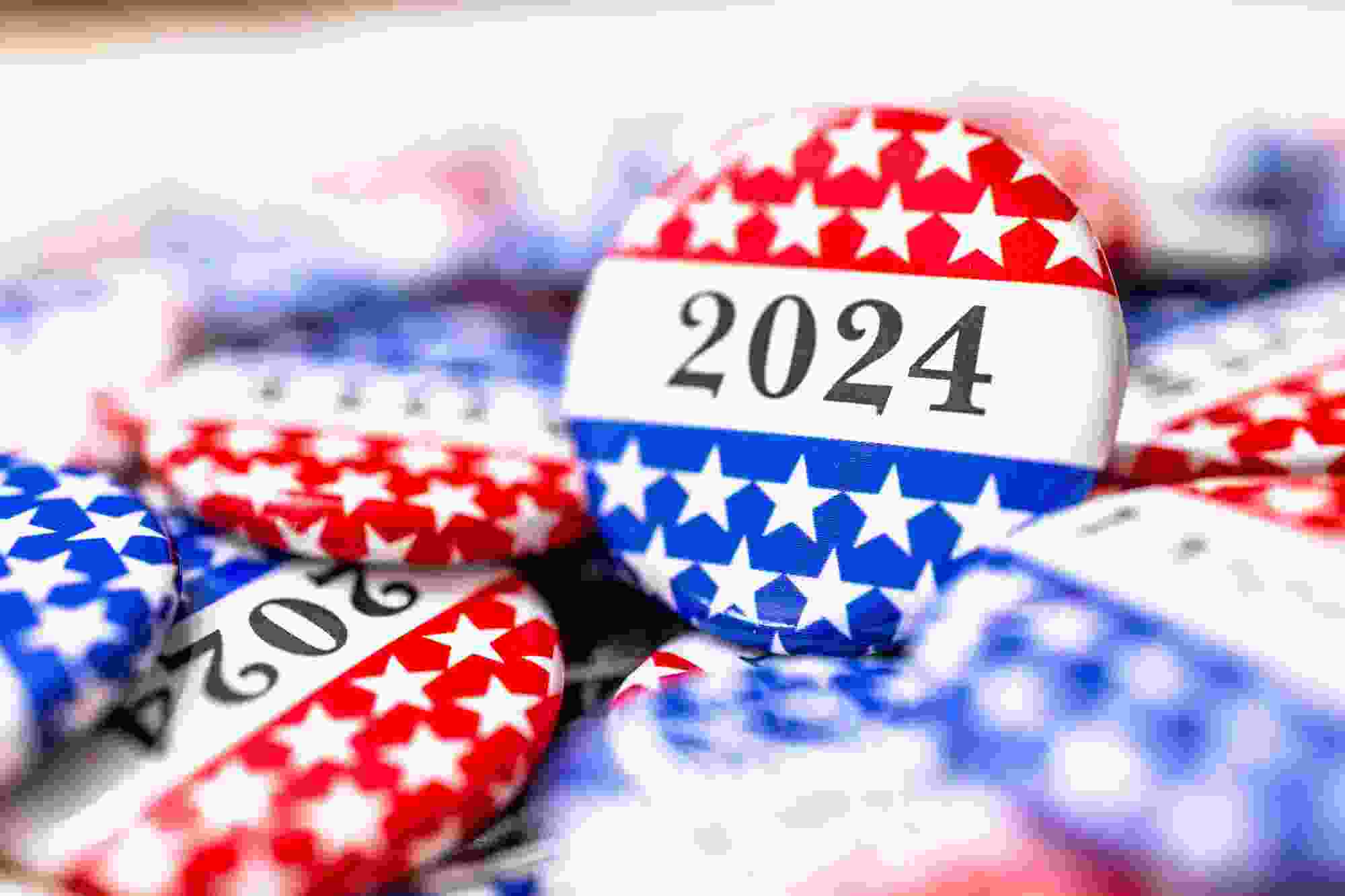
The Dynamics of the 2024 US Presidential Race
An Overview
The United States elections are a cornerstone of the country's democratic process, providing citizens with the opportunity to choose their representatives at various levels of government. The elections are held regularly to ensure that elected officials reflect the will of the people, from local offices to the presidency.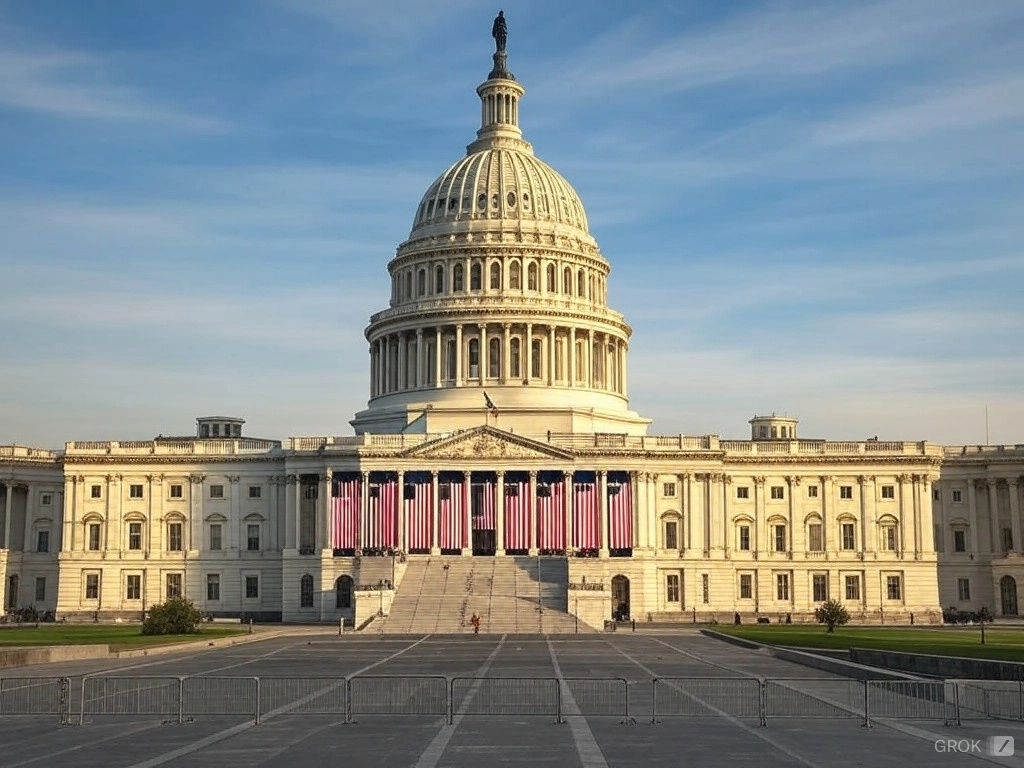
At the federal level, one of the most prominent elections is the presidential election, which occurs every four years. Candidates from major political parties compete for the presidency, presenting their platforms and policies to voters across the nation. The presidential election culminates in a vote by the Electoral College, with each state allocating electoral votes based on its population size.
In addition to the presidential race, elections are held for seats in the United States Congress. The Congress consists of two chambers, including the House of Representatives and the Senate. Members of the House of Representatives serve two-year terms and are elected from congressional districts within each state. Senators serve six-year terms, with one-third of the Senate up for election every two years.
Furthermore, elections take place at the state and local levels, including gubernatorial races, state legislatures, mayoral contests, city councils, and other local offices. These elections play a vital role in shaping policies and governance at the state and municipal levels, by addressing issues that directly impact communities.
The electoral process in the United States involves voter registration, campaigning, debates, and ultimately, voting. Citizens are encouraged to participate in elections to have a voice in their government and contribute to the democratic process. Various measures, such as early voting, absentee ballots and polling places, are in place to facilitate voter participation and ensure that elections are conducted fairly and transparently.
Elections in the United States are often characterized by robust political discourse, partisan competition, and voter engagement. They serve as a mechanism for holding elected officials accountable and shaping the direction of the country. While elections may be contentious at times, they remain a fundamental aspect of American democracy, reflecting the principles of freedom, representation, and civic responsibility.
Joe Biden’s Presidency
President Joe Biden’s term began in 2020 after a highly anticipated event that captivated the nation's attention and showcased the delicate nature of the American democracy. Following a tumultuous political landscape in the preceding years, characterized by partisan divides, social unrest and a global pandemic, the election held significant implications for the country's future trajectory.
As the campaign unfolded, it became evident that the race would be fiercely contested, with both major parties fielding formidable candidates vying for the highest office in the land. Incumbent President Donald Trump sought re-election, aiming to build upon his administration's accomplishments and address ongoing challenges facing the nation. Meanwhile, Joe Biden launched a spirited bid to claim the White House, energizing his loyal base of supporters.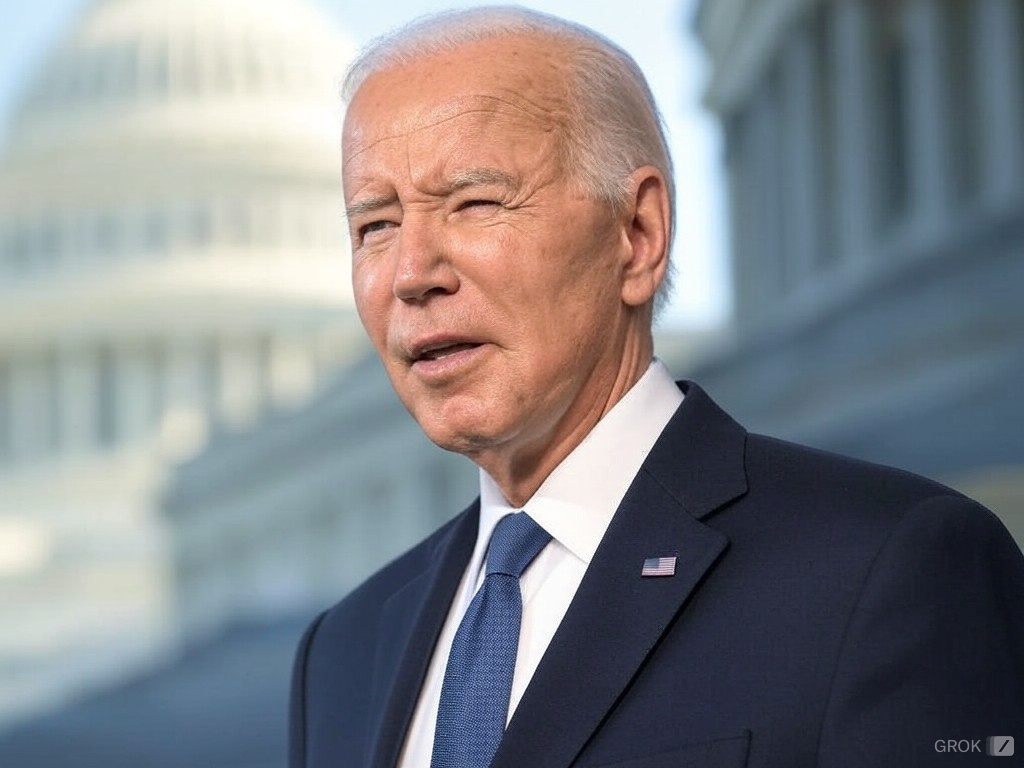
The campaign was marked by intense debates on a wide range of issues, including healthcare, the economy, immigration, climate change and national security. Candidates articulated their policy proposals and visions for the country, seeking to appeal to voters across the ideological spectrum. Campaign rallies, town hall meetings and televised debates served as platforms for candidates to engage with the electorate and convey their messages.
Throughout the election season, voter turnout surged as Americans exercised their democratic right to participate in the electoral process. The outcome of the election hinged on key battleground states, where candidates mobilized their supporters and competed for crucial electoral votes. Election night was a nail-biting affair, with millions of Americans glued to their screens as results trickled in from across the country.
In the end, the election produced a historic outcome that reverberated around the world, with Joe Biden clinching the presidency by securing a narrow victory by winning the Electoral College. His election was celebrated by supporters who embraced his message of unity, empathy and pragmatic governance. Trump and his supporters contested the results, alleging voter fraud and irregularities in certain states.
The aftermath of the election saw a flurry of legal challenges, recounts and political maneuvering as both camps sought to shape the narrative surrounding the outcome. Ultimately, the democratic institutions of the United States prevailed, as the electoral process underwent rigorous scrutiny and validation. Biden's inauguration marked a new chapter in American politics, as the nation grappled with the ongoing challenges of the 21st century.
Looking ahead, the next presidential election to be held in November 2024 serves as a reminder of the resilience of American democracy and the enduring commitment of its citizens to participate in the political process. As the nation confronts pressing issues at home and abroad, the outcome of the election will shape the course of history and define the legacy of the Biden administration in the years to come.
Public Dissatisfaction and Divided Loyalties
In a closely contested presidential race between former President Donald Trump and the incumbent President Joe Biden, voters express widespread dissatisfaction with both candidates. Approximately half indicate a desire to replace both candidates if given the opportunity. The current electoral landscape mirrors that of four years prior, leaving many Americans disillusioned with their choices.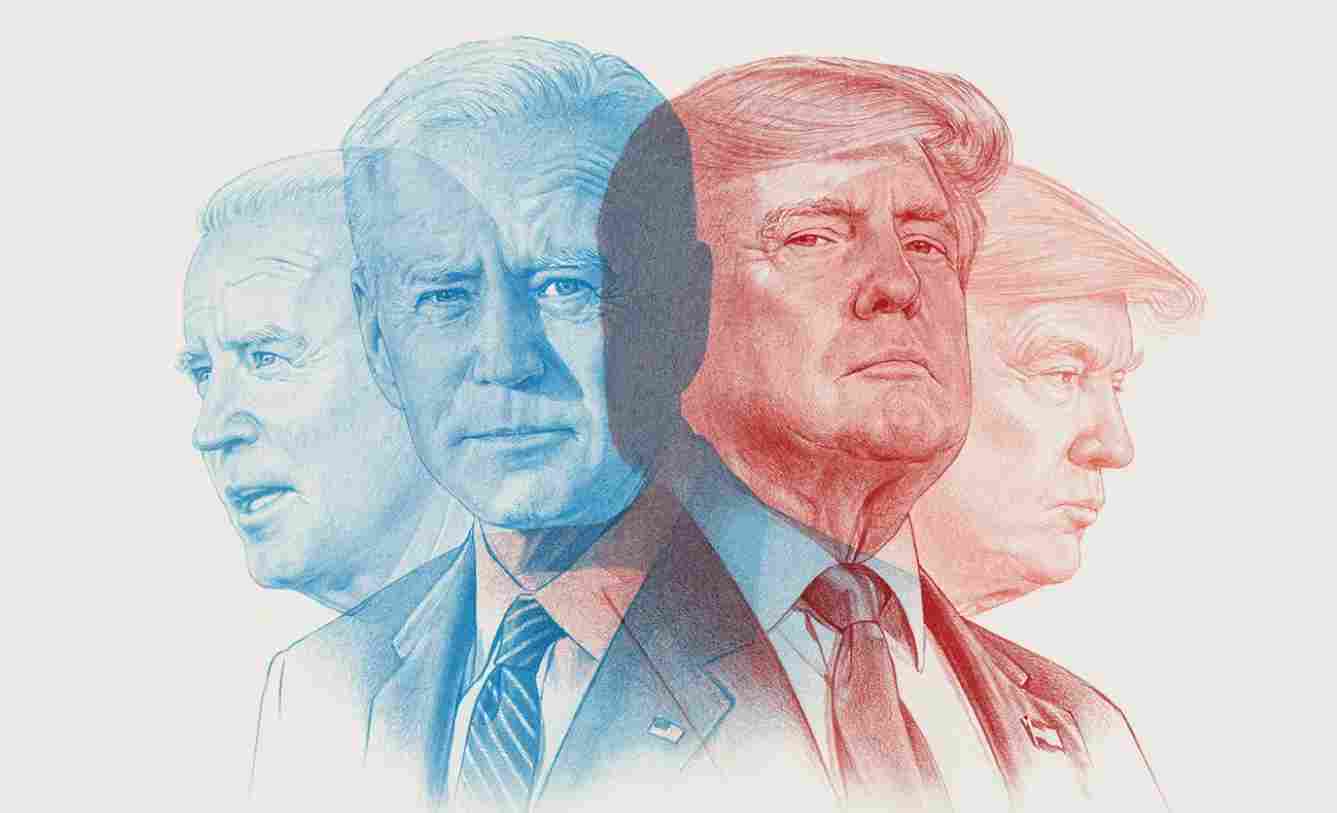
As the 2024 presidential election approaches, a recent survey by the Pew Research Center reveals a near tie between support for Donald Trump and Joe Biden, with 49% of registered voters favoring or leaning towards Trump, and 48% supporting or leaning towards Biden. Notably, a significant portion of voters lack confidence in either candidate's suitability for office, citing concerns about their physical fitness, ethical conduct, and commitment to democratic values.
Trump holds an advantage in perceived physical and mental fitness, with more voters expressing confidence in his capabilities compared to Biden. However, Biden fares better in terms of perceived ethical behavior and commitment to democratic principles. Despite these differences, a substantial portion of the electorate remains skeptical of both candidates, highlighting the widespread dissatisfaction with the current political landscape.
The demographic breakdown of candidate preferences reveals distinct patterns based on age, education, and race. Younger voters and those with higher education levels tend to favor Biden, while older voters and those without a college degree lean towards Trump. Racial and ethnic disparities also play a significant role, with white voters overwhelmingly supporting Trump, while Black and Asian voters predominantly back Biden. Hispanic voters exhibit a more evenly divided preference between the two candidates.
Interestingly, the majority of voters who supported either candidate in the 2020 election maintain their allegiance in 2024. However, a notable portion of registered voters who abstained in 2020 are evenly split between Trump and Biden, underscoring the volatility of the electorate and the potential for shifting alliances.
Despite the contentious nature of the race, a significant majority of voters emphasize the importance of the election outcome, indicating a widespread recognition of its significance for the country's future. Nonetheless, nearly half of registered voters express a desire to replace both Biden and Trump on the ballot, reflecting a pervasive discontent with the current political options.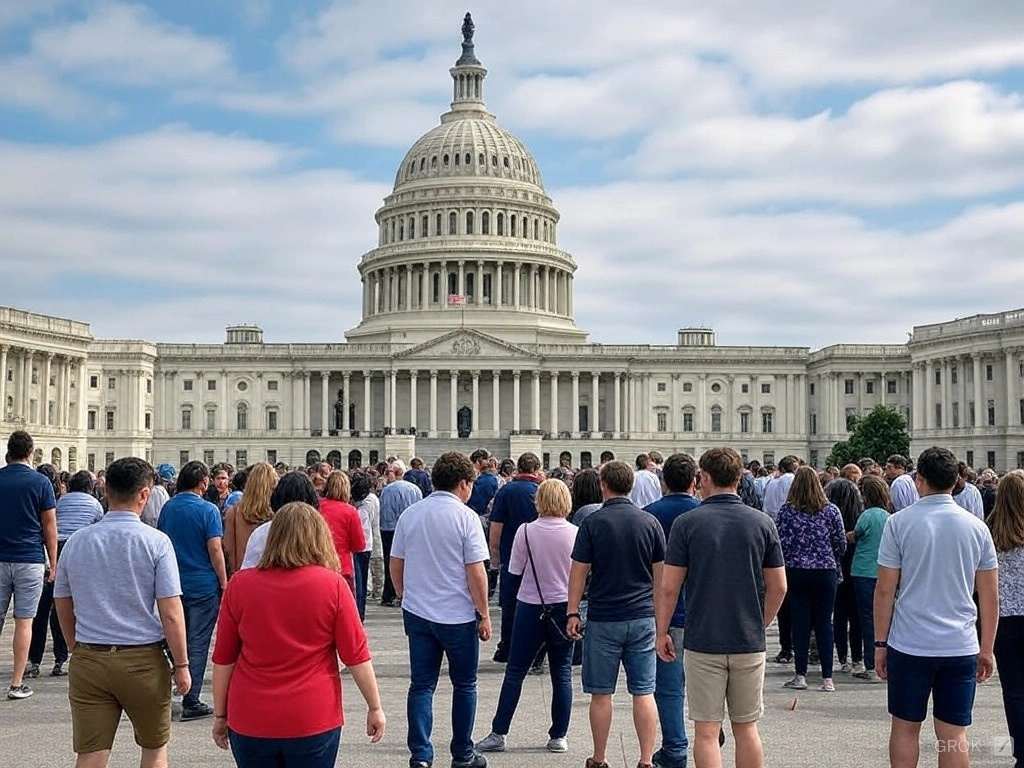
This dissatisfaction is particularly pronounced among Biden's supporters, with a majority expressing a willingness to replace both candidates if given the chance. Moreover, age disparities are evident, with younger voters being more inclined to advocate for the replacement of both candidates compared to their older counterparts.
Assessments of the Biden and Trump presidencies reflect divergent views among the electorate. While a sizable portion considers Trump's tenure positively, albeit modestly improving since his departure from office, opinions on Biden's presidency remain mixed, with fewer voters endorsing his performance thus far.
In terms of job approval, Biden's ratings have seen a slight increase, particularly among Democrats, although they remain relatively low overall. Additionally, opinions on the importance of conceding the election vary significantly between Trump and Biden supporters, underscoring the partisan divide on issues of electoral legitimacy.
As Trump faces allegations of criminal misconduct related to his attempts to overturn the 2020 election, public opinion is divided, with Democrats largely condemning his actions as illegal, while Republicans are more divided in their assessments. Nonetheless, a significant portion of the electorate remains uncertain about the legality of Trump's actions, highlighting the contentious nature of the issue.
Summary
In summary, the 2024 presidential race is characterized by widespread dissatisfaction with both candidates, demographic divides in voter preferences, and divergent assessments of the incumbent and former presidents' performance. The electorate remains deeply divided, with significant implications for the outcome of the election and the future of American democracy.




